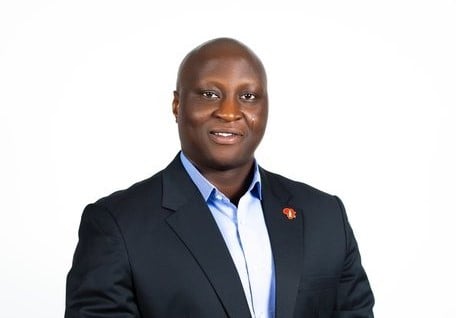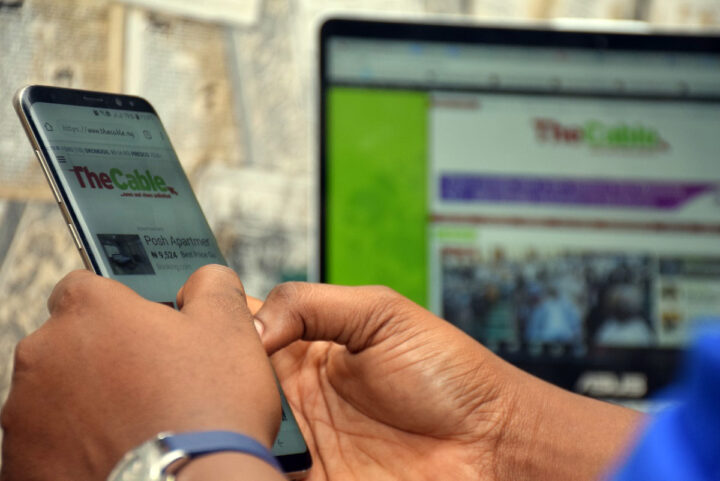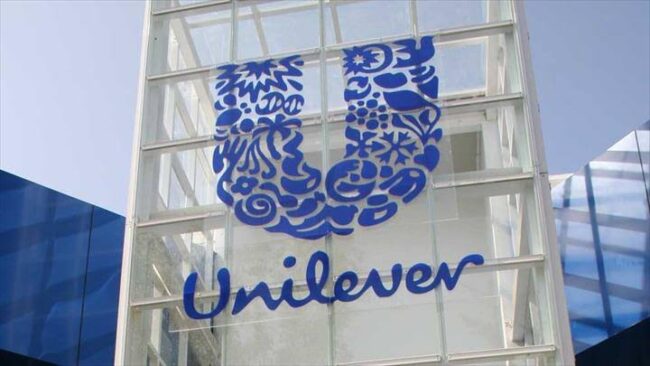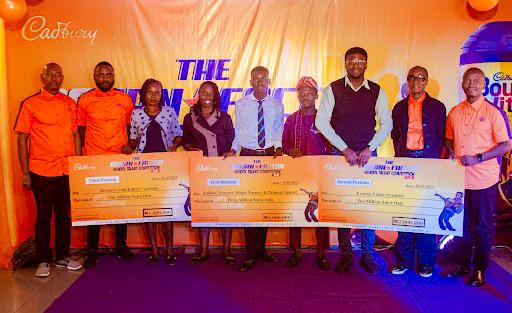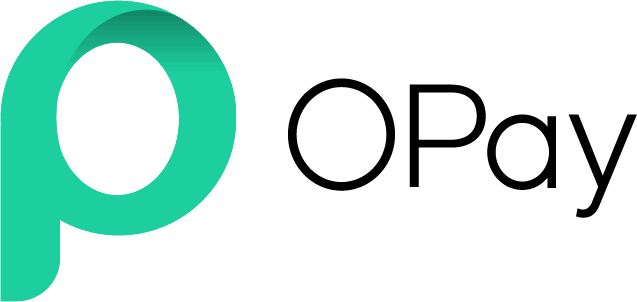In this interview with the Director of Public Affairs, Communications, and Sustainability at Coca-Cola Nigeria, Nwamaka Onyemelukwe, she speaks about the company’s integrated Environmental, Social, and Governance (ESG)priorities that have positioned sustainability at the core of its operations. She also spotlights the company’s strides through a fusion of sustainability programs implemented in 2022.
How would you rate the significance of sustainability to Coca-Cola Nigeria Limited?
As a company, sustainability is a core aspect of our evolved global strategy. The Coca-Cola System in Nigeria, comprising Coca-Cola Nigeria, Chi Limited, and its bottling partner,Nigerian Bottling Company, has its environmental, social, and governance (ESG) priorities integrated into its strategy.
In 2021, our company took steps to emerge stronger from the pandemic and position itself for continued growth. We focused on creating a portfolio of beverage brands people love while building a more sustainable future for our business and our planet.
We prioritized sustainability and consistently focused on areas where we can have a measurable, positive impact on the communities we serve around the world as a Company that truly believes in making a difference in the communities where we do business. Our ESG initiatives are interconnected, and so are the solutions we support. These solutions range from packaging waste management to water security and leadership, climate change, and finally, the economic empowerment of women and youths, ensuring the well-being of people and communities.
In implementing these solutions, we seek an exponentially greater impact by fostering collective action, which is done bypartnering across industries, government, and society to createshared opportunities. We are conscious of reducing our company’s environmental impact, so we announced several commitments and targets.
I will speak on two key focus areas: water leadership and our world without waste commitment. Our 2030 Water Security Strategy focuses on increasing water security through a context-based approach to water replenishment, advocacy for smart water policies and responsible water use across our operations and supply chain while our World Without Waste Strategy is to make 100% of our packaging recyclable by 2025, enable 100% recovery for every bottle we sell by 2030 and use at least 50% recycled content in our packaging by 2030.
You noted that a key component of Coca-Cola’s global strategy is sustainability. How is that impacting operations in Nigeria and throughout West Africa?
Our environmental, social, and governance (ESG) priorities continue to be embedded in our business and the way we work.This has led to a significant positive impact across our value chain and the people we serve across Nigeria and the African continent.
Water is a top business priority. It is the principal ingredient in the products we make and is critical for the agricultural products we use. Together with our bottling partner, Nigerian Bottling Company, we’ve helped build healthy and productive communities through over 105 different projects, providing clean water access to over 1.2 million people over the last 10 years.
Access to clean water is vital for health, helps save lives, drives economic growth, helps keep children in school, and increases opportunities for women and girls.
We are proud of the progress we have made and will continue to make to provide proper sanitation, which lowers the risk of diseases and ensures dignity, privacy, and safety for all, especially vulnerable women and children.
We have also continued to make meaningful progress on our World Without Waste packaging initiative. We continue to invest in partnerships with innovators and NGOs like the Growing Business Foundation (GBF), Nigeria Climate Innovation Centre (NCIC), SWEEP Foundation, FABE Foundation, and the Food and Beverage Recycling Alliance (FBRA), etc. in Nigeria.
We’ve pioneered some innovations, such as switching from green to clear bottles for our iconic sprite PET bottle, lightweighting across our packaging to reduce our plastic footprint, and championing an industry-leading goal to significantly increase our use of reusable packaging.
Over the last five years, The Coca-Cola System and its philanthropic arm, The Coca-Cola Foundation, have providedover $6 million in grants to various NGO partners and social ventures to drive recycling initiatives, water and sanitationprograms, and economic empowerment projects in various communities, including disaster relief.
We provided over 8,000 households with relief materials due to the recent flooding disaster in Nigeria. Through this, rice and cassava seedlings were also provided to approximately 2,800 small-holder farmers, 80% of whom were women, to support and restore their means of livelihood post-disaster.
Our bottling partner, the Nigerian Bottling Company, is also leading the way in sustainable manufacturing by investing in solutions that contribute to advancements in its focus areas of energy use reduction, water use reduction, emissions reduction, and waste generation reduction. This has led to 50 percent of its manufacturing plants being partly powered by solar energy, with the photovoltaic cells delivering up to 3,640 kilowatts of peak power output (KWp) to the plants.
Water risks and packaging waste are linked to climate change. We’re reducing our carbon footprint through an intertwined and holistic approach across our ESG priorities. Our vision is for packaging to be reused and recycled as part of a circular economy, which means a world with lower carbon emissions and climate impacts.
These investments are implemented to stem the tide of environmental degradation and foster industry collaboration among all the players in the waste management value chain, foster economic prosperity, and promote water security for communities in the country.
These grants you speak of, what projects are they supporting, and how have these projects impacted waste management in Nigeria thus far?
We are excited to state that Coca-Cola has been a catalyst in galvanizing the recycling and waste value chain in Nigeria. This leadership dates back to 2005 when we supported setting up the very first recycling company in Nigeria. Since then, a lot of work and investment has gone into the development of small and medium-scale collectors and aggregators to support the new but promising recycling sector that can drive foreign direct investment and create millions of jobs.
Coca-Cola, in partnership with these NGOs, has co-created signature, award-winning, impactful projects that continue to create shared opportunities across various communities. Some of them include RESWAYE by Medic, Recycle pays by African Clean up Initiative, Waste in the City by SWEEP Foundation, Tidy Nigeria by FABE Foundation, Trash to Cash by WASTE Africa, REVIVE and Project DORI by Recycle Points, Waste to Wealth by Do Good Foundation, Empowering Collectors Initiative by Growing Business Foundation and CYLEPLAST by Nigeria Climate Innovation Centre,
So far, over 4 billion plastic bottles have been removed from the environment, creating over 6,000 jobs for women and youth. We have also supported scaling and set up 23 small- to medium-sized collectors and aggregators, who are in turn creating thousands of jobs in their immediate environment.
Through an industry collective action, Coca-Cola led the formation of the Food and Beverage Alliance (FBRA). A coalition of forward-looking companies united by a shared concern for the environment. The coalition has evolved from a four-member group to 30 big corporations with a commitment to building a sustainable recycling economy for food and beverage packaging waste. FBRA and its members have been able to shape public policy and take action that supports a circular economy and the evolution of waste management in Nigeria. Though progress has been made, we are aware that a lot still needs to be done. FBRA is fully committed to the work that needs to be done to create a more sustainable planet for everyone.
Our World Without Waste packaging goals require collective action in partnership with a range of stakeholders at a global, regional, and local level. Together with our bottling partners, we will continue to work with
• government agencies and community organizations to strengthen recycling infrastructures and boost collection rates.
• Customers, peers, and industry associations to shape public policy and take action that supports a circular economy
• Nonprofits and NGOs to engage civil society in ways that address pollution
• Suppliers, startups, and R&D partners to fuel sustainable packaging innovation that reduces waste and minimizes our environmental impact—one bottle at a time.
With environmental activists and governments across the world increasing pressure on businesses to minimize the environmental impacts of their operations, how would you evaluate your company’s efforts to lessen the negative environmental impacts of your operations?
We are constantly evaluating and embedding our ESG priorities right in the center of our business operations to ensure that we grow the right way and sustainably. We constantly undertake a thorough review of our priority issues in collaboration with a cross-functional internal team and key external stakeholders. These stakeholders have expertise across a range of issues and sectors, and they include NGOs, academia, some of our business partners, suppliers, customers, and beyond.
In 2021, we reviewed our assessment to determine if any of the priority issues had shifted as a result of the COVID-19 pandemic. Analyzing our priority issues regularly ensures that we take into consideration the changing social, environmental, and economic context as we continue to evolve our business.
I will say that our journey has brought about significant progress, and we are on track to reduce the negative environmental impacts of our operations while we grow our business.
Our backbone is a global system of strong partnerships with bottlers, suppliers, customers, and consumers, supported by leading-edge technology. Our company’s purpose is to refresh the world and make a difference. Together, we’ll continue to use our global presence and leadership to build a more sustainable future for our business and the planet.
Add a comment

